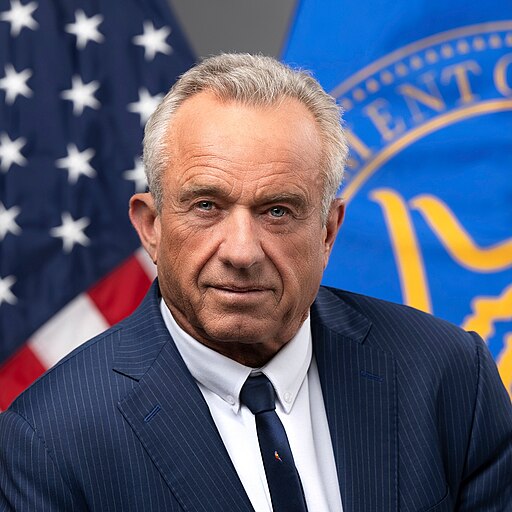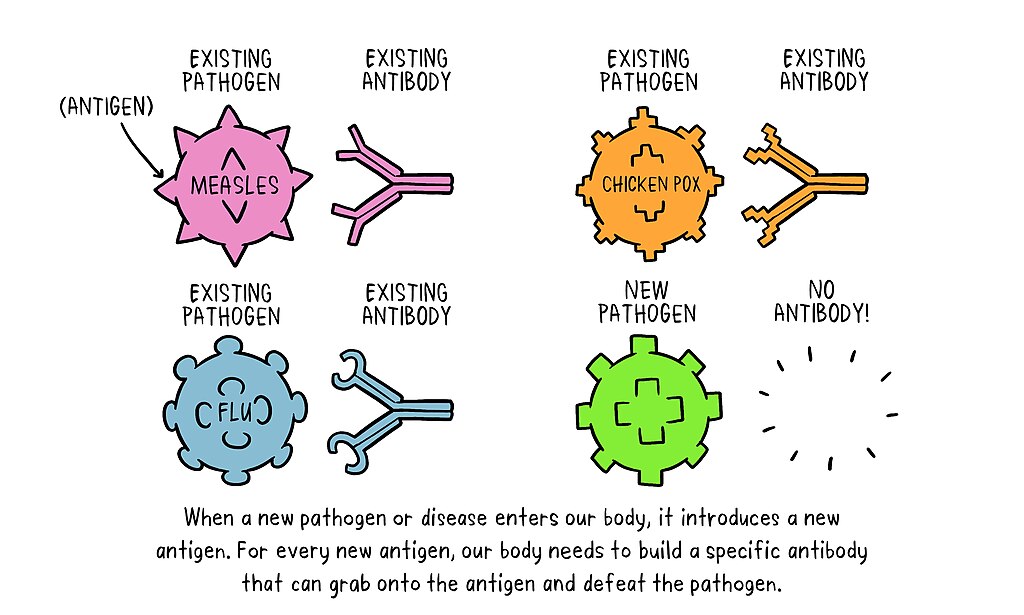In 2019, the staff at Legacy Pediatrics in Rochester, New York, printed black t-shirts with three words: “Vaccines Cause Adults,” and shared a photo on social media. The message started as a social media meme, but it captured what doctors wanted anxious parents to understand during a local measles outbreak. As vaccine hesitancy spread and anti-vaccine groups promoted false claims linking immunizations to autism, this small medical office pushed back.
Dr. Janet Casey, a pediatrician at the practice, saw the problem firsthand. “Kids are getting sick from vaccine-preventable illnesses,” she said. “Vaccines save lives.” Policy changes have since reignited these debates, but doctors stand by the research.
A Three-Word Slogan Reached Thousands Online
Kate Shand, a medical assistant at Legacy Pediatrics, developed a creative response to vaccine hesitancy during a measles outbreak in Monroe County. Inspired by an online meme, she designed t-shirts featuring the message “Vaccines Cause Adults.”
The campaign directly countered misinformation about vaccines causing autism. Shand explained the concept to local media, noting that vaccines help healthy children grow into healthy adults rather than causing developmental issues.
The pediatric office posted photos of staff wearing the shirts on Facebook, where the message quickly gained traction. However, within days, the post reached 17,000 people and received overwhelmingly positive responses. The photo went viral and drew national attention.
News organizations described the shirts as ‘brilliant’ and praised the clear messaging. One outlet called the t-shirts “incredible” and said they sent an important reminder to families. Crazy Dog T-Shirts provided the shirts for free and said they were incredibly popular. Owner Bill Kingston wanted to be “a voice for the people on the vaccination side.”
However, the campaign also drew fierce opposition. Facebook users left messages insisting that vaccines cause autism and other injuries. Critics called the medical staff “evil,” “insensitive,” and “brainwashed” for supporting immunizations. The fierce response showed how deeply divided Americans had become over vaccines. Six years later, those divisions have reached the highest levels of government.
New Policies Have Left Clinics And Parents Unsure

Health Secretary Robert F. Kennedy Jr. told senators during his confirmation that he had never been anti-vaccine and was simply pro-safety. He insisted that vaccines have “an important role in healthcare” and noted that all of his children are vaccinated. Yet his decisions have raised questions about these commitments.
Kennedy has changed how the federal government handles vaccines this year with major policy shifts. He started in May by removing COVID vaccines from official recommendations for healthy children and pregnant women without consulting medical organizations or the expert committee that reviews vaccine choices. He then fired all 17 members of the Advisory Committee on Immunization Practices in June, saying the committee had too many conflicts of interest. Then, in August, he cut $500 million in federal funding for new vaccine research. Ending 22 research projects.
Dr. Bruce Scott from the American Medical Association opposed these changes. He said Kennedy’s decisions would harm a system that has saved countless lives and lead to more disease outbreaks. Medical organizations have also responded by creating their own guidance systems. Telling doctors and families which vaccines to get directly instead of waiting for federal recommendations.
Vaccines Train The Immune System To Protect
Kennedy’s policy changes worry doctors. Vaccines train your immune system to recognize and fight diseases without making you sick. Your body gets practice so it knows what to do when the real disease shows up.

Before 1963, measles infected millions of Americans every year. Hundreds died, and tens of thousands needed hospital care. Today, measles rarely appears in America. When cases do show up, they usually happen where people skip vaccinations.
Vaccinated people almost never die from the diseases these shots prevent. Recent CDC data proves this works. COVID vaccines reduced emergency room visits by a third and hospital stays by nearly half. Adults over 65 saw even stronger protection. Flu vaccines prevented thousands of hospitalizations. COVID vaccines alone kept 68,000 people out of hospitals during the 2023 to 2024 season.
These vaccines remain safe across all age groups. Serious side effects are extremely rare. Most people experience only mild reactions like sore arms, tiredness, or brief fever lasting one to three days. These reactions signal the immune system is working properly.
Medical groups worry that reducing federal vaccine oversight could reverse decades of progress. Measles numbers prove their point. Kindergarten vaccination rates dropped from 95.2% in 2019 to 92.7% in 2023, showing that growing vaccine hesitancy has left about 280,000 children at risk. Most states now fall below the 95% vaccination rate needed to protect communities.
This decline shows up in outbreak data. The World Health Organization reported over 1,300 measles cases in America in 2025, compared to 285 cases in all of 2024. Three people have died from measles this year, the first measles deaths in about a decade. Nearly all cases happened in people who were unvaccinated or had an unknown vaccination status.
How Clinicians Can Keep The Conversation Clear
Those black t-shirts from 2019 capture something relevant about today’s vaccine discussions. The Rochester pediatric team chose three words that addressed core concerns before vaccine guidance became a national issue. They focused on a straightforward message about what vaccines actually accomplish. The question now is whether simple messages work better than long medical explanations when addressing vaccine hesitancy. As these conversations get harder, maybe the basic approach works best.
Read More: RFK Jr’s Proposal to Share ‘Autism Registry’ With Anti-Vaccine Researchers Sparks Backlash

